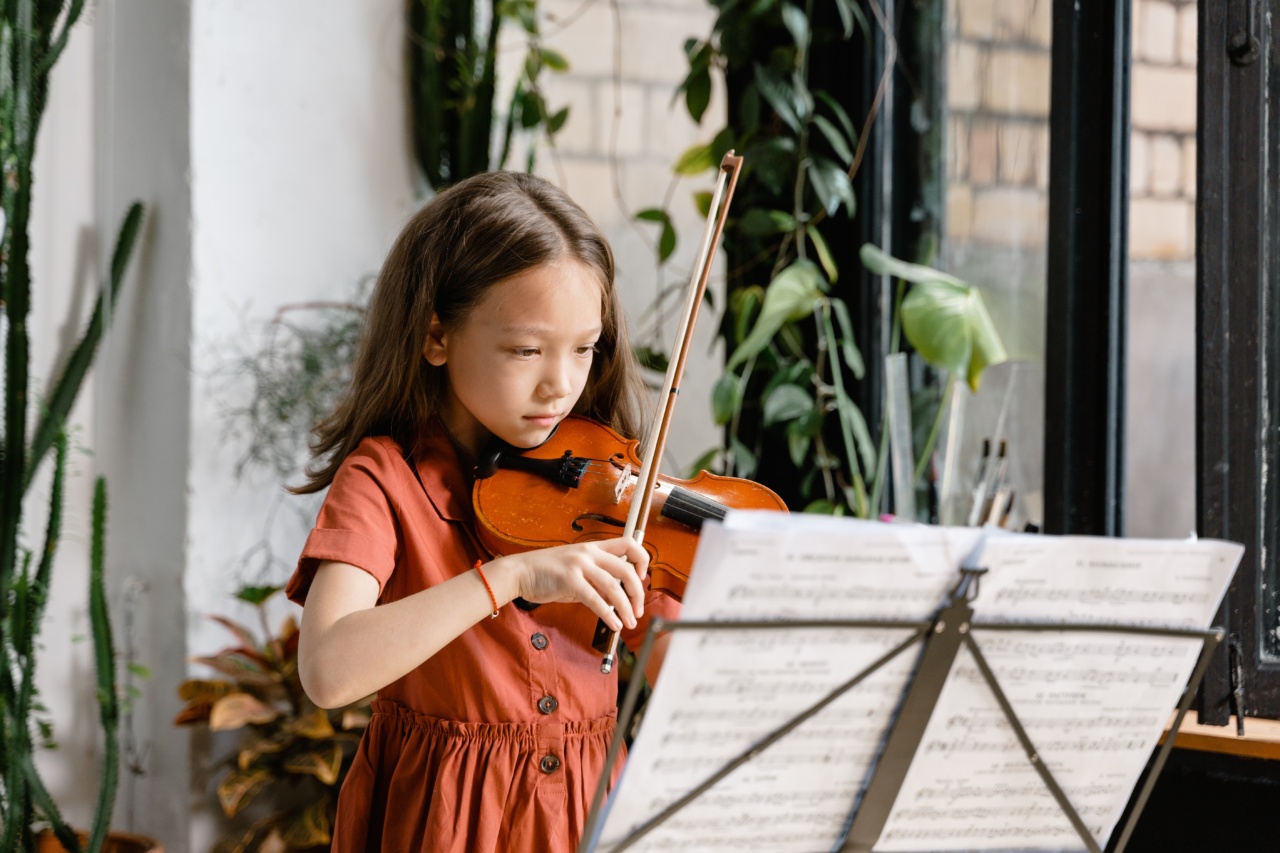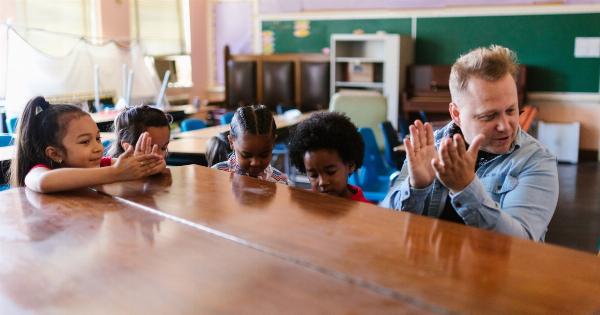Music is a powerful tool that can help children develop both academically and emotionally. There are many benefits to learning music, whether it be through singing, playing an instrument, or even just listening to music.
In this article, we will explore some of the key benefits of music education for children.
Improved Language Skills
Learning music can help children with their language skills. Studies show that children who learn music at a young age have better phonological awareness, which is the ability to identify and manipulate sounds in words.
This can help them with reading, writing, and overall communication skills.
Enhanced Cognitive Development
Music education can also improve a child’s cognitive development. Learning music requires the use of various skills, such as coordination, memory, and concentration.
These skills can be applied to other areas of a child’s life, such as problem-solving and critical thinking.
Improved Memory
Learning music requires memorization of notes, chords, and lyrics. This can improve a child’s memory skills, as they have to remember these things in order to play or sing a song correctly.
Memory skills are important for academic success, as well as everyday life.
Increased Creativity
Music is a form of self-expression, which can help children develop their creativity. When children learn music, they are encouraged to experiment with sounds and create their own melodies.
This can help them become more innovative and open-minded in their thinking.
Enhanced Social Skills
Learning music can also help children develop their social skills. Playing in a band or choir requires collaboration and communication with others. This can help children develop teamwork skills and learn how to work with others towards a common goal.
Improved Motor Skills
Playing an instrument requires the use of fine motor skills, such as hand-eye coordination and finger dexterity. These skills can be applied to other areas of a child’s life, such as sports and handwriting.
Reduced Stress
Listening to music can help children relax and reduce stress levels. It can also provide a sense of comfort and security, as it is a familiar and constant presence in their lives.
Playing music can also be a form of stress relief, as it provides an outlet for self-expression.
Increased Confidence
Learning music can help children build confidence. As they learn new skills and perform in front of others, they develop a sense of pride in their abilities. This can lead to increased self-esteem and a more positive outlook on life.
Improved Emotional Regulation
Music can also help children regulate their emotions. Listening to music can help them relax and calm down when they are feeling anxious or upset.
Playing music can also be a form of emotional release, as it allows them to express their feelings in a creative and constructive way.
Improved Academic Performance
Studies show that children who learn music perform better academically. Music education can improve their cognitive skills, which can lead to better performance in other subjects such as math and science.
It can also improve their memory skills, which can help them retain information more effectively.































